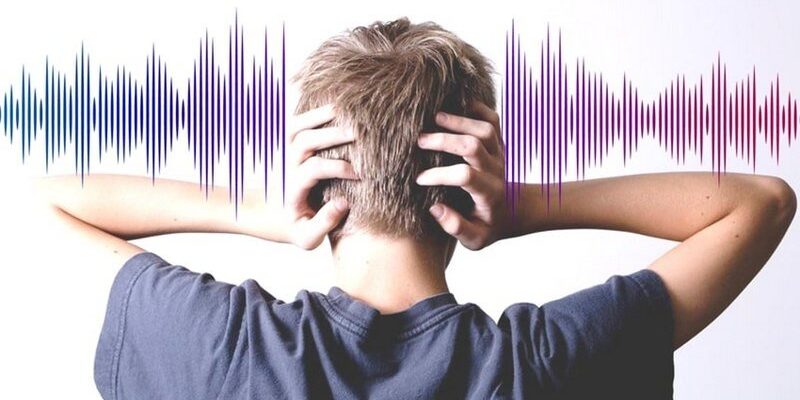Noise pollution is often overlooked by many, yet long-term exposure to loud environments can have serious consequences on health over time. According to a study by the US Environmental Protection Agency, the human body can tolerate noise levels of up to 55 decibels within a 24-hour period. Anything beyond this limit can negatively affect health. For context, a quiet neighborhood typically registers around 50 decibels, a busy street can reach 70 decibels, and a car horn can produce up to 110 decibels.

Here are the harmful effects of prolonged exposure to noisy environments:
- Heart Disease
Studies have shown that long-term exposure to noise contributes to the development of heart disease. This is largely due to stress caused by loud sounds, which triggers the release of hormones such as cortisol, adrenaline, and noradrenaline. These hormones can increase blood pressure, raising the risk of heart disease by up to 80%.
- Hearing Loss
Prolonged exposure to loud noise, especially sounds exceeding 85 decibels, can damage the sensitive structures in the ears, leading to hearing loss. Continuous and close proximity to loud sounds significantly affects the ability to hear properly.
- Sleep Problems
Noise can disrupt a person’s ability to get proper, uninterrupted sleep. Over time, poor sleep can lead to reduced productivity at work, strained relationships, and an increased risk of accidents. Chronic sleep deprivation also makes individuals more prone to anxiety and depression.
- Lack of Concentration
Noise can severely impact concentration, reducing performance and productivity in school or at work. In situations where alertness and quick action are crucial, the inability to focus due to noise can pose serious risks to safety and well-being.
- Impact on Unborn Babies
Noise pollution affects not only adults but also unborn children. Studies indicate that pregnant women exposed to noisy environments are more likely to give birth to babies with abnormalities or low birth weights compared to those in quieter surroundings. Additionally, noise during pregnancy may influence a child’s behavior later in life.
Final Thoughts
Noise pollution is not merely an inconvenience—it poses genuine risks to physical and mental health. From hearing loss to sleep disruption and even developmental issues in unborn children, the effects of living in a noisy environment are significant. Addressing noise pollution by creating quieter spaces and taking protective measures is essential for long-term health and well-being.


